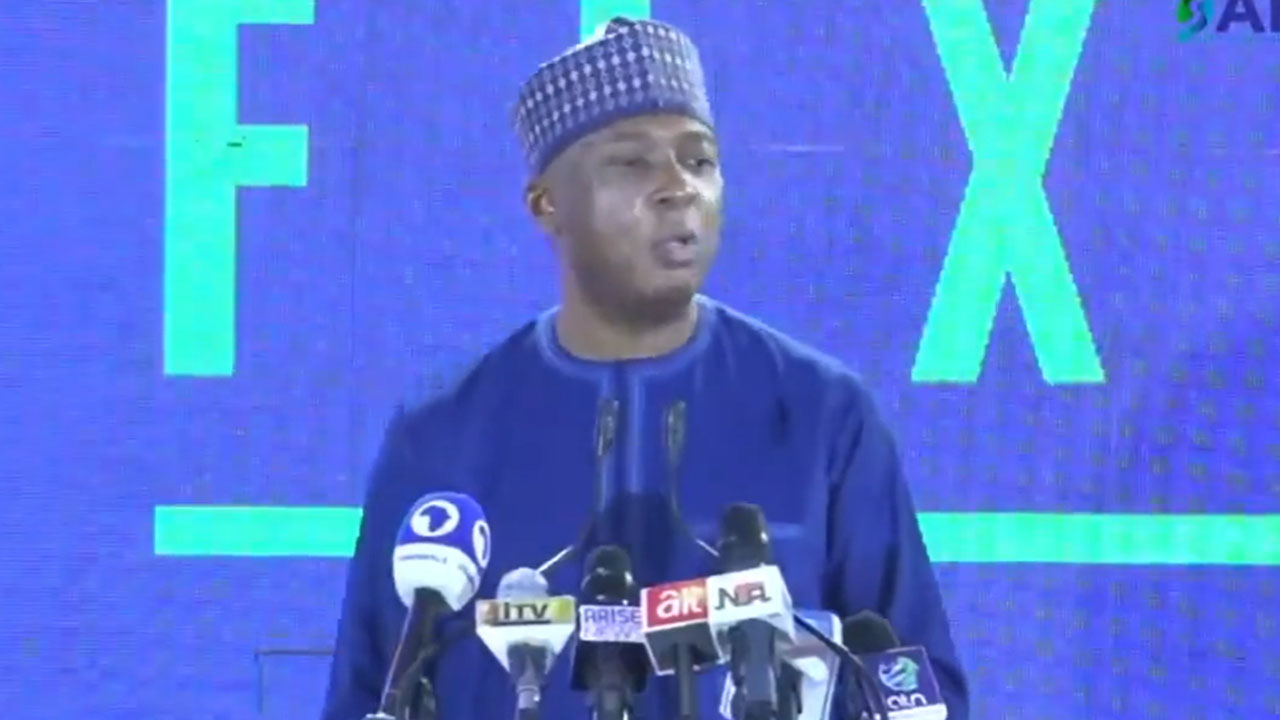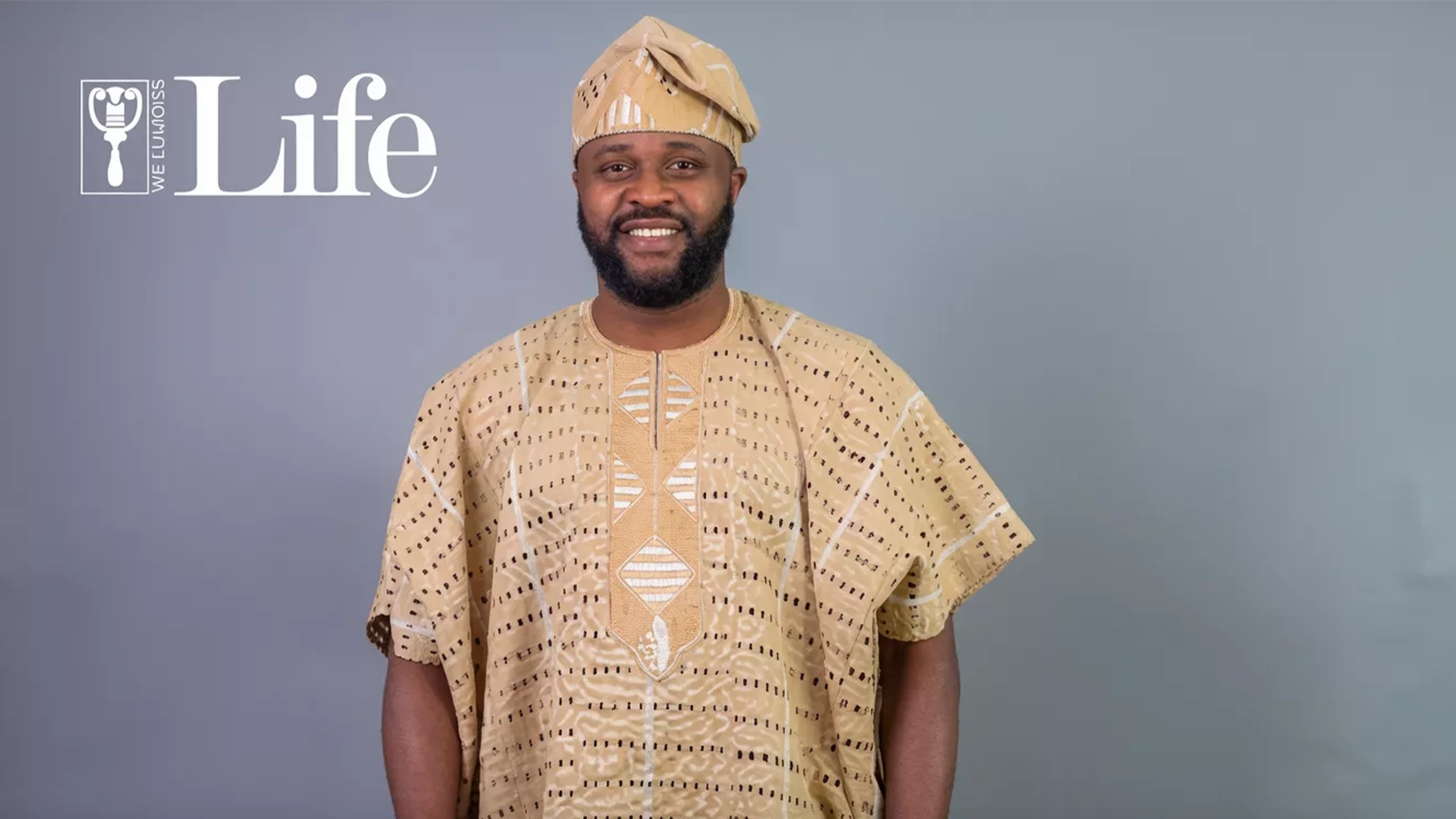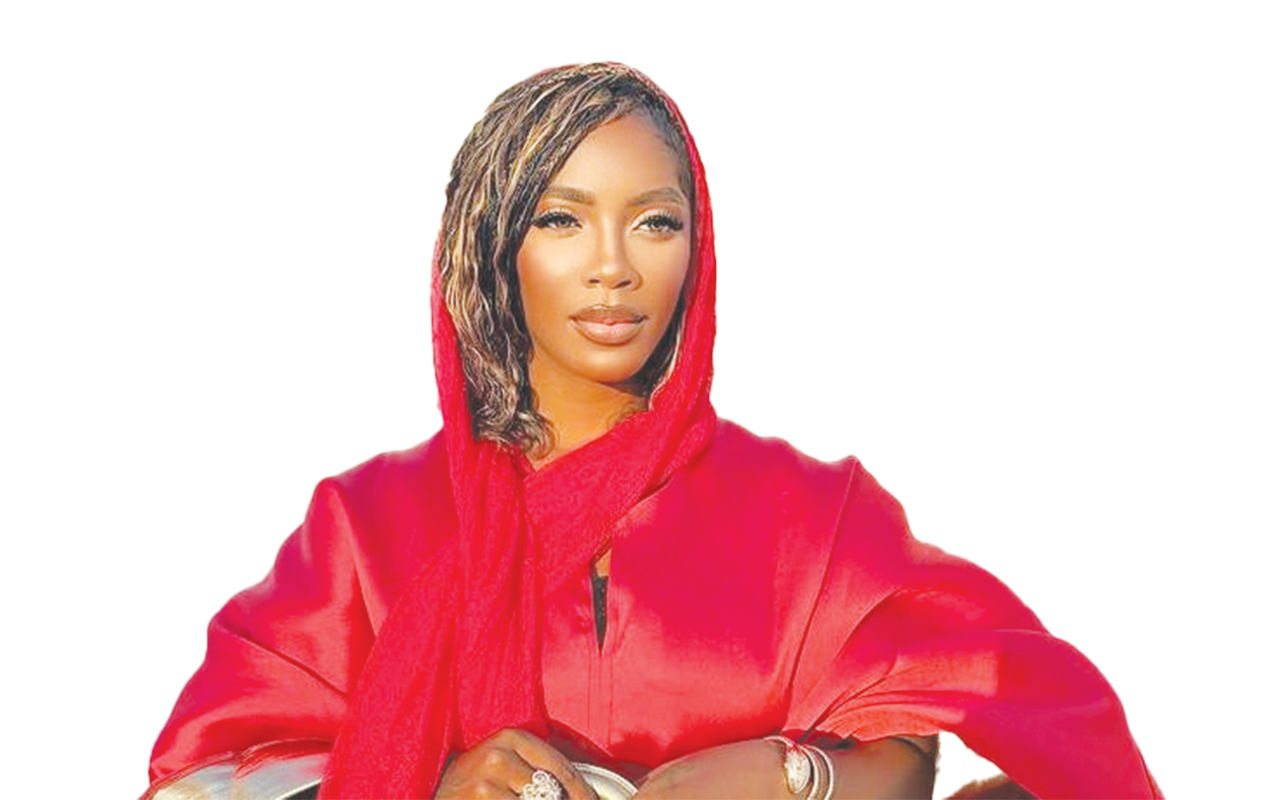
Former Governor of Kwara State and ex-President of the Senate, Dr. Abubakar Bukola Saraki, is an enigma in the political history of both Kwara State and Nigeria as a whole. He is undoubtedly loved by many Nigerians but overtly hated by numerous others as a result of his services to the country in both the executive and legislative arms of government.
Born 61 years ago into the family of the late doyen of Kwara politics and the late Turaki of Ilorin, Abubakar Olushola Saraki (Oloye), the younger Saraki caught his political teeth when he was appointed as a Special Assistant on Budget by former president Olusegun Obasanjo in 1999.
His emergence as the governor of Kwara State in 2004 was not planned. According to Suleiman Yusuff, one of his Ilorin-based cronies, if the governor at that time, Mohammed Alabi Lawal, had not fallen out with his political godfather, Oloye, Saraki would probably not have emerged as governor.
“Oloye had never at any point in time contemplated supporting Saraki for the exalted position of the governor of Kwara State. He was just one man who loved other people to a fault. But when the battle of supremacy between him and Lawal reached the crescendo, he thought of presenting himself as a candidate against the then incumbent. But many of us opposed such a move and instead opted for his son as a candidate against Lawal,” Yusuff said.
Saraki, as the governor, started on a peaceful note by waging relentless wars against cultism and gangsterism, the two vices that dominated the political landscape of the state on his assumption of office. He went as far as sponsoring a bill against such vices in the state House of Assembly.
Besides, he discarded the initial thought of many political pundits in the state that he would dance to the tune of his father by embracing old political stuff as against the modern trends in politics by putting together a cabinet dominated by youths. On the pinnacle of these younger eggheads was former Commissioner for Education in the state, Mallam AbdulGaniyu Bolaji Abdullahi. Abdullahi’s tenacious leadership style was spotted by former president Goodluck Ebele Jonathan, who appointed him as the Minister of Youths and Sports.
So monumental were the feats of Saraki in the saddle as governor that politicians across boundaries rated him second best to the late military administrator of the state, George Argbazika Innih, in terms of provisions of infrastructure to the people of Kwara State.
Therefore, when prominent leaders of the People’s Democratic Party (PDP) in Kwara, including women leaders, the leaders of the youth wing of the party and other associates gathered on Tuesday, December 19, 2023, to celebrate his 61st birthday anniversary, memories of his feats dominated the public discourse. Although the yearly programme started in 2019, the last one witnessed an unprecedented crowd despite the physical absence of the celebrant at the scene.
The chairman of the PDP in the state, Alhaji Tunde Mohammed, while reeling out some of the achievements of Saraki during a chat with The Guardian in Ilorin, said: “Saraki gave us the first Aviation College, first Multi Specialists Diagnostic Centre, first Commercial Farm Project, first overhead bridge, first Football Academy and constructed the metropolitan mini stadium. I can go on and on naming all these. Bukola was indeed our own version of Innih.”
The celebrant’s relationship with members of the press as a governor was an ideal one under the democratic system of governance. He relied more on the feedback from journalists covering the state rather than those of his supporters. Saraki, like the medieval Nostradamus, told reporters during one of his parleys with them in his Ilorincountry home that performance in office rather than anything else would one day dominate the trend of voting in Nigeria. Besides, he predicted economic hardships for the citizens if the nation continues to depend on oil and refuses to be a producing economic giant.
He matched his words with action by giving a directive to all his political appointees including the then Chief Press Secretary (CPS), Alhaji Mas’ud Adebimpe, to go to their political wards and give “empowerment packs” to members of their constituencies. He followed up his tall order by demanding for the reports of such “empowerment packs” across the 192 wards in the state.
A prominent Islamic missioner in Ilorin, Alhaji AbdulRazak Aduragba, who delivered the sermon at the 61st birthday event, refreshed the memories of those in attendance with some of the breakthroughs of Saraki as the fourth executive governor of Kwara State.
He consequently urged aspiring and budding politicians in the state to emulate Saraki’s kind gestures especially in the area of empowerment of the less privileged in the state.
The former President of the Senate, an apostle of fairness and probity, openly opposed the plan to have his biological sister, Senator Rukkayat Gbemisola Saraki, succeed him in office as governor. Despite Oloye Push to ensure that he hands over to Gbemisola, Saraki stood his ground, warning against the consequences of laying such a political precedence in a highly pluralised state like Kwara. Instead, he ‘anointed’ his former Finance Commissioner, Alhaji AbdulFatah Funsho Ahmed to succeed him.
According to Adebimpe, “Saraki, our boss, is an introvert but he stands for nothing but the truth, probity and fairness. It was not that Senator Gbemisola did anything against him. No; not at all. He opposed her succeeding him in office as the governor because of the fear of laying a precedent that will be too difficult to upturn in the political development of the state.”
Saraki would later manage his relationship with Ahmed so well that throughout the latter’s reign as the governor for eight years, there was no report of any open hostility between them.
On this, Saraki’s Special Adviser on Communications, Akintola Fatigun, said: “My leader’s major concern is how to put Kwara State on the highest pedestal of socio-political and economic growth as a state in the federation. Even when the opposition party was engaging in propaganda to curry the favour of the voters, he remained unperturbed, telling us instead that only the development of the state mattered to him. He therefore gave Ahmed the much needed freedom to develop the state and her people.”
One episode that made Saraki great as the governor was his wisdom in handling what could have been an unprecedented religious crisis in the history of the state. This event occurred when a global tele-evangelist, Reinhard Bonke,with the collaboration of the local branch of the Christian Association of Nigeria (CAN), fixed a crusade at the state-owned stadium in Ilorin. Some religious fanatics, who were opposed to the crusade, sought for its cancellation but Saraki stood his ground, having initially granted approval for the programme. When the pressure became much after the first day of the crusade at the stadium and the town was almost at a boiling point, he relocated the event to the outskirts of the town at Ibudo-Efo, where it was eventually concluded. He ordered his deputy, Joel Afolabi Ogundeji, to represent him at the programme. The then Chief Judge of Kwara, Justice Timothy Oyeyipo was also in attendance.
As President of the Senate, 90 per cent of Saraki’s political appointees were from Kwara. He, therefore, literally turned his villa in Abuja to a miniature Ilorin. Sources said the protocol at the villa was very relaxed for Kwarans on casual visits to Abuja without accommodation to stay. One would have thought that given the accolades poured on him by the people of the state, especially those of his senatorial district, he would not have lost the mandate to return to the Senate to Senator Yahaya Oloriegbe.
However, according to a former Commissioner for Education under Saraki, Hajia Nimota Ibrahim, “Oga didn’t actually lose that election as it were because his people suddenly hated him. He instead lost it to propaganda of the opposition members. Without any disrespect to the present National Assembly members representing Kwara, we can all see the fallout today. Kwarans have lost a louder voice at the National Assembly and the respect and the fear factor in the political circle as represented by Saraki have suddenly disappeared.”
After the loss, Saraki declined to approach the courts to see if he could reclaim his mandate, which is his constitutional right. He rather reclined into his enclave, restricting himself only to religious outings at Ramadan and ‘Eid Kabir’ and social visits at wedding events or condolence visits to his bereaved associates or their family members.
“He abhors politics of bitterness and rancour. For instance, you will never see him criticising the incumbent Governor, AbdulRahaman AbdulRazak, on any issue. He will rather enter into a private discussion with him,” said his political associate,Suleiman Maja.
“While Saraki still sustains his presidential ambition at 61, we wish him best of luck, long life and prosperity. Congratulations to our leader,” a former chairman of the PDP in Kwara, Kola Shittu, enthused.






